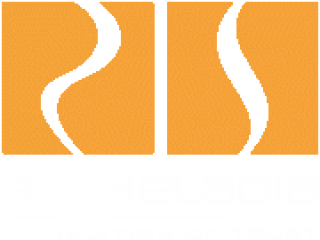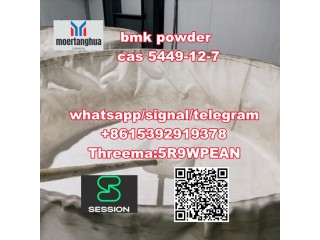Pipe Fittings: Various aspects of Using them Private
2 years ago - Real estate - Baranagar - 209 viewsPipe fitting is meant for plumbing and piping system which is used in commercial and industrial industries. Fitting helps pipes to be joined properly so as to close them wherever required. These fittings can be found in market in different sizes and shapes. Besides, they can demand more time and can be expensive. They use distinct tools and materials to join and install. If you are working with plumbing or piping, then it is very essential to use pipe fitting.
Introduction
PPR pipe as a common pipeline water supply system is widely used in various construction industries, including residential domestic piping systems, hotels and shopping mall plumbing projects, etc...
So how much do you know the PPR pipe you are using? How do you select the best PPR pipe or fitting for your project? Through this article, let get to know about PPR pipe!
What's PPR pipe?
Thermoplastic composite pipe on the rise in the deep sea
Visit the news pages of the Airborne Oil & Gas (AOG, IJmuiden, Netherlands) and Magma Global Ltd. (Portsmouth, U.K.) websites and you’ll come away with the impression that 2018 was a watershed year for these two leading manufacturers of thermoplastic composite pipe (TCP) for deep-sea applications. But don’t be surprised if 2019 news about this burgeoning market for composites eclipses that of the preceding year.
Valves - Choosing Between Ductile and Cast Iron
Customers from all kinds of industries need valves of all varieties for their high-demand processes. Valves are available in a huge number of materials for any application imaginable. A few of these materials are PVC, carbon steel, stainless steel, cast iron, and ductile iron. In this post we will focus on two of those materials: ductile iron and cast iron. The argument of "ductile vs. cast iron valves" has been going on for decades, as not everyone knows the differences.Ductile iron has excellent corrosion resistance, tensile strength, and yield strength. Unlike cast iron, ductile iron does not break when it is bent, so it is more suited for high demand applications. Ductile iron is a strong and reliable material for pipes, fittings, and valves. One drawback is price. Ductile iron is typically more expensive than cast iron due to its more complicated chemical makeup. If your application requires a tougher material, however, you may need to spend a little more.

















